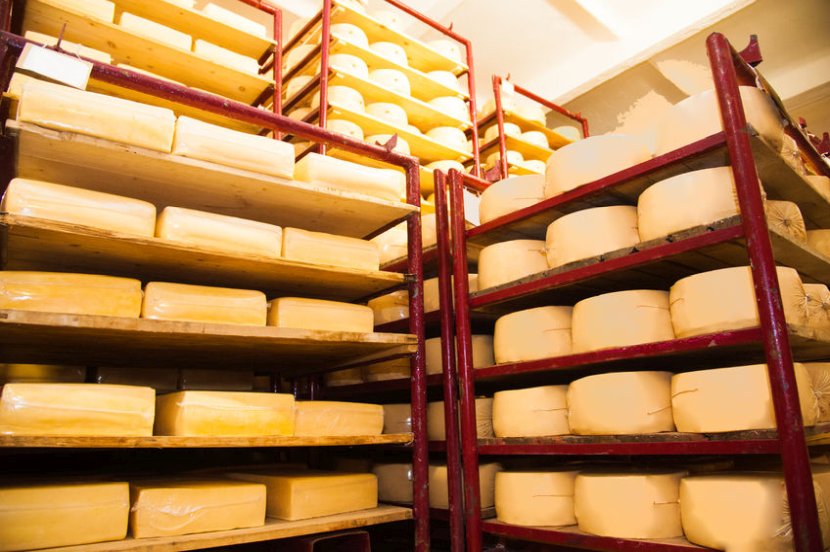UK food exports to non-EU markets soar above pre-pandemic levels

Exports of British food to major non-EU markets have soared above pre-pandemic levels for the first time, new figures show.
Overall, exports of UK food and drink products globally were worth £5.3 billion in Q1, a rise of nearly 31 percent compared to Q1 2021.
Exports of UK food and drink to the European Union also increased in the first quarter of this year, by 45 percent, worth £3 billion.
Shipments to major non-EU markets such as the US, Australia, Canada and Japan rose by 16.2%, worth £2.3 billion, exceeding pre-pandemic levels.
It follows a turbulent two years for food exports due to the impacts caused by both Brexit and Covid-19, with 2021 sales down 13% on 2019 and 4% on 2020.
But the Q1 2022 figures, published in a new Food and Drink Federation's (FDF) report released today (1 June), has shown a strong rebound.
Canada is a key source of ingredients used by UK manufacturers and imports rose 5% while exports saw particularly strong growth, up 26% on pre-pandemic levels.
The FDF says it should be a priority of the government to secure improved market access for UK exporters of cheese to Canada.
Exports to India are up more than 25% compared to pre-pandemic levels, and they remain a large import partner - particularly for agricultural goods - accounting for £172.5m.
India’s rapidly growing middle class presents major opportunities for UK exporters, the FDF says, as demand is booming in the health, organic, fortified and ready-to-eat packaged food sector.
With the UK-Japan trade agreement coming into force in 2021, and others on the horizon including Australia and New Zealand, the FDF says it expects further growth in food and drink exports.
However, a key priority for the sector remains improving the implementation of the UK-EU trade agreement, the report says.
And one unknown remains the impact of the Ukraine war, which has caused a rise in energy prices as well as a restriction in supplies of key ingredients – including vegetable oils and cereals.
The FDF's head of international trade, Dominic Goudie welcomed the new figures, particularly at a time of surging costs for businesses and consumers.
“Trade plays a key role in boosting the UK economy, with high exports ensuring food and drink companies can thrive and imports offering shoppers in the UK a wide range of quality products at prices they can afford.
“This is particularly important now, at a time of soaring costs to businesses and consumers, that the UK utilises trade as deflationary weapon.”








